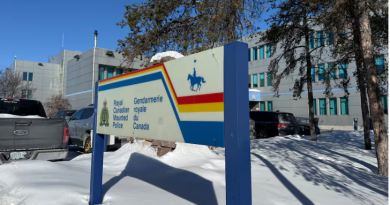From MMIWG in U.S. & Canada, to Greenland’s IUD scandal, Inuit women’s summit says ‘no more’
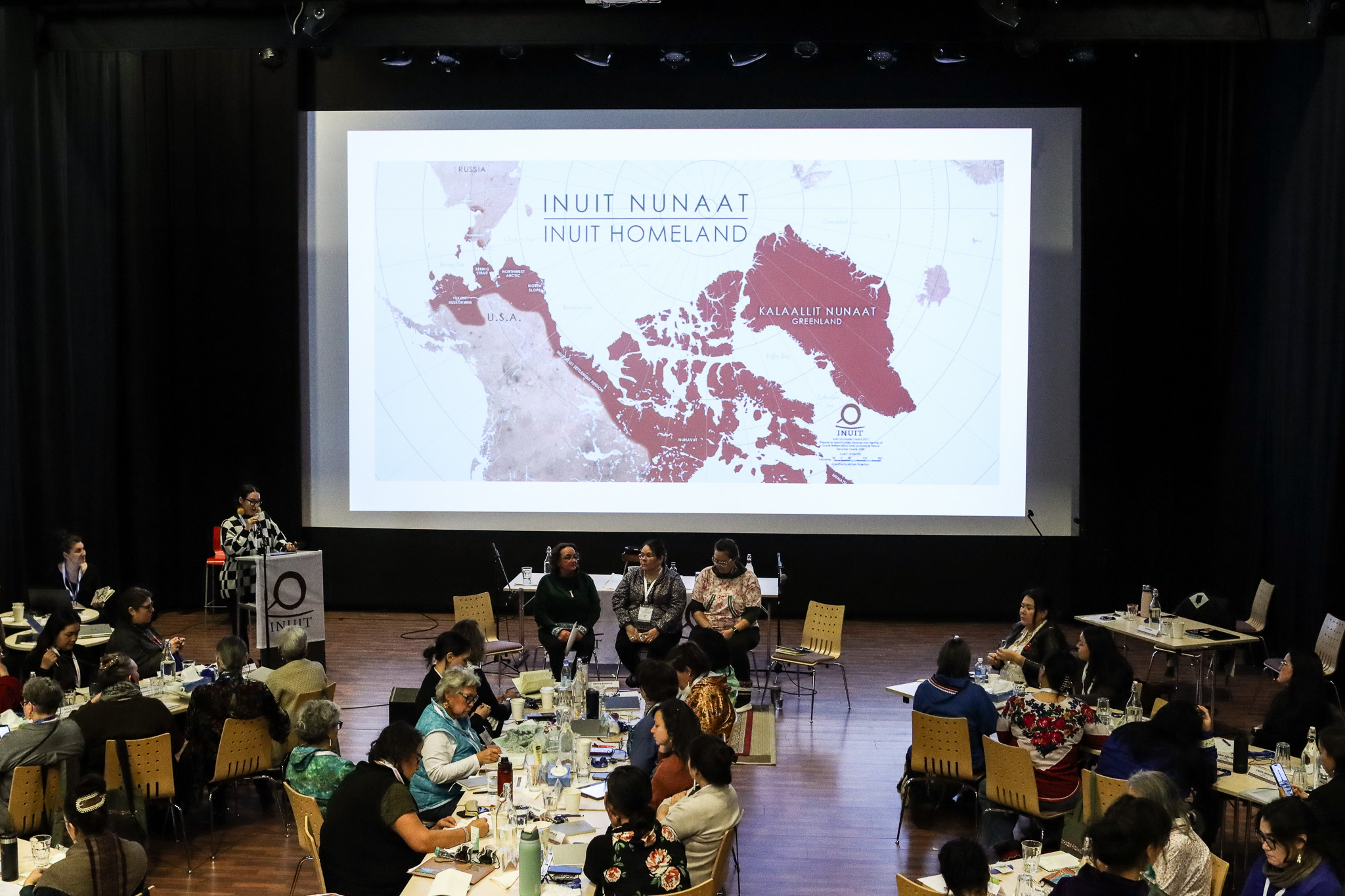
From Canada’s National Inquiry into Missing and Murdered Indigenous Women and Girls, to this year’s Danish and Greenlandic government apologies for a forced IUD program, the spotlight is increasingly focusing on the injustices facing Inuit women.
It was against that backdrop that the Inuit Circumpolar Council (ICC) held its first Inuit Women’s Summit in Sisimiut, Greenland, Oct. 27–29— bringing together Inuit women from Alaska, Canada, Greenland and Chukotka in Arctic Russia, to strengthen collaboration and advance women’s rights across Inuit Nunaat, the Inuit homeland.
ICC International Chair Sara Olsvig said the meeting marked an important step in deepening ties between Inuit women whose shared culture has long been divided by national borders.
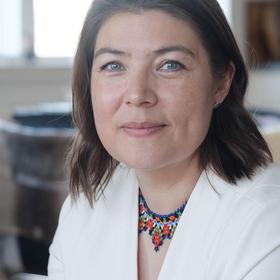
“We’ve seen many meetings within each country, but never one that gathered Inuit women from all four nation states we live in,” Olsvig said in a telephone interview.
“We realised how much value there is in sharing knowledge and learning from each other. Despite different systems, we have far more in common than we thought.”
Common experiences across borders
Despite the fact that Inuit women live under four, very different political systems, Olsvig said she was struck by the leadership roles Inuit women play in their communities, in areas ranging from language revitalisation to addressing violence.
“It was instantly clear how much strength we have when we come together,” she said.
“If I just take Greenland as an example, for so long we’ve looked south to Denmark for solutions, but we have fellow Inuit right across the border facing the same challenges. Sharing methods and perspectives helps us find approaches that work for our own culture and identity.”
Reckoning with the past
The summit also gave women a chance to talk about how past government policies are still affecting their lives today.
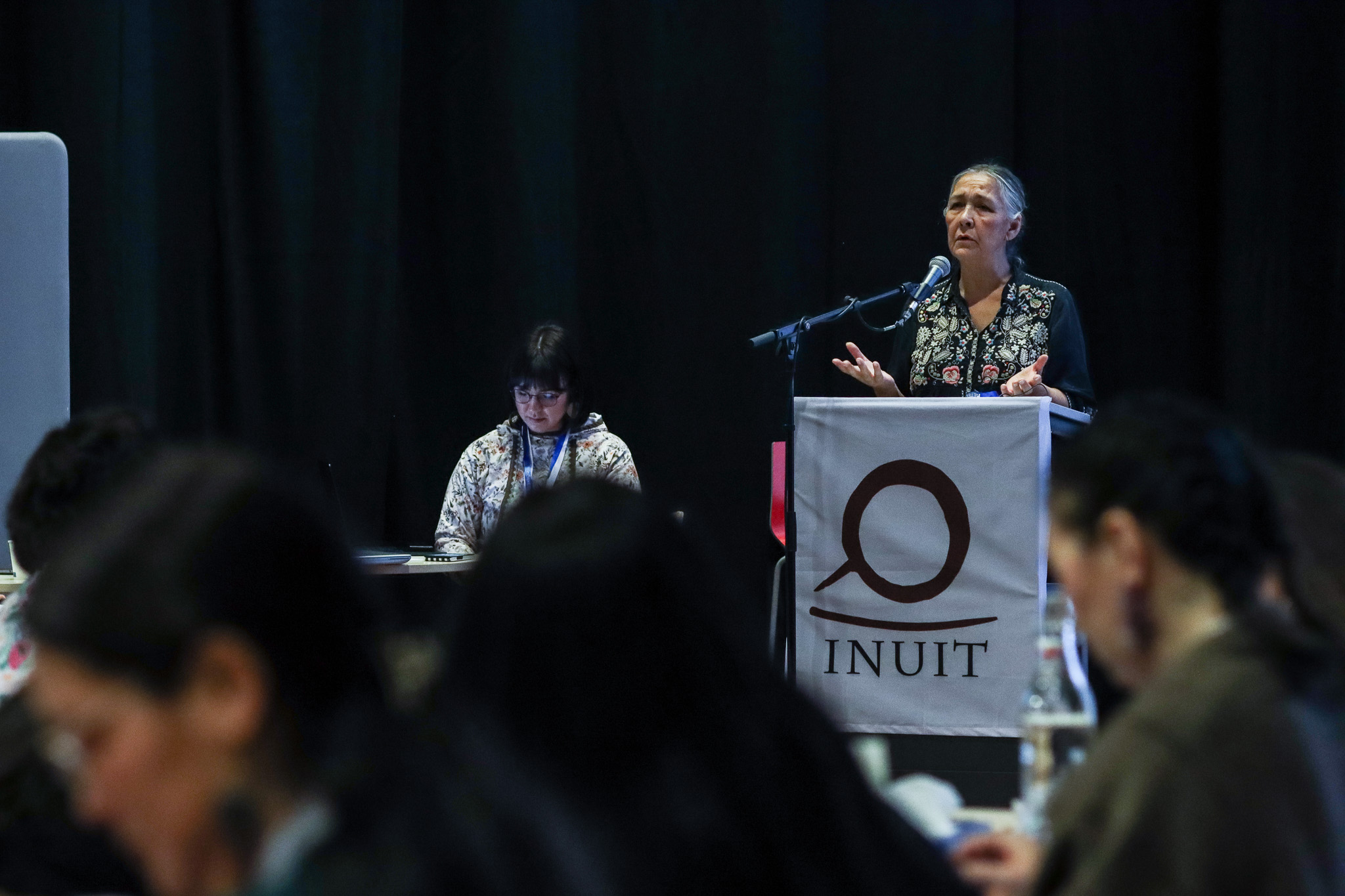
Earlier this year, both the Danish and Greenlandic prime ministers formally apologized for the state-led IUD programme that left many women fitted with contraceptive devices without consent.
Olsvig said those apologies were welcomed but cannot stand alone.
She pointed to the programme’s scale and the broader system that allowed the program to continue for decades, along with other policies that harmed Inuit women and families, such as laws that once declared children “legally fatherless” if born out of wedlock — a rule that most often affected Inuit women whose children had Danish or Faroese fathers.
“We’re only now getting the full picture of how colonial policies targeted women — through the IUD programme, through laws that left thousands of children legally fatherless, and through the forced removal of children to foster care,” she said. “Apologies alone cannot stand. What’s needed is system-wide change.”
Summit declaration and next steps
The meeting concluded with the Inuit Women’s Summit Declaration, a document outlining recommendations to promote and protect Inuit women’s rights at community, national and international levels.
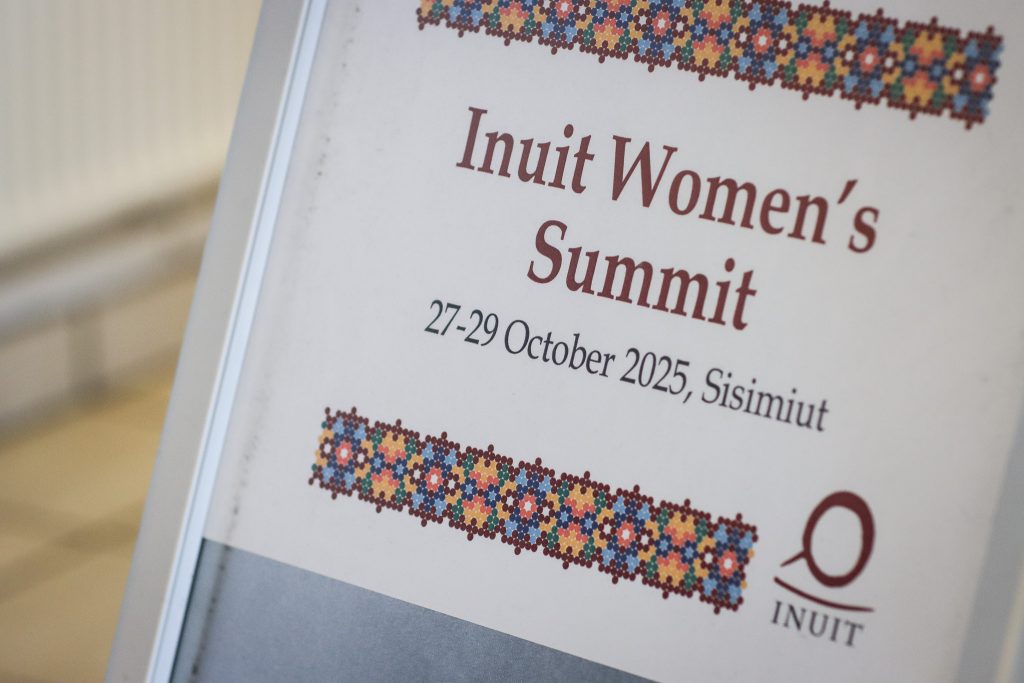
The declaration urges governments to look at safety, housing and equality together, recognising how closely those issues are linked. It also says that policies affecting Inuit women and girls should reflect the principles of the UN Declaration on the Rights of Indigenous Peoples.
Under the declaration, the ICC will hold a second Inuit Women’s Summit between 2026 and 2030, when ICC Canada assumes the chair from ICC Greenland.
Olsvig said she left the gathering feeling hopeful about what Inuit women can achieve together.
“It was a very successful summit,” she said.
“I left full of gratitude and joy, seeing how much we have to share and how strong we are when we come together.”
Comments, tips or story ideas? Contact Eilís at eilis.quinn(at)cbc.ca
Related stories from around the North:
Canada: How a Thunder Bay, Ont. women’s group is working to better include Inuit, CBC News
Denmark: Denmark’s PM apologizes in person to Greenland women over forced contraception, Reuters
Finland: Finland’s shortest life expectancy for women in Lapland, Yle News
Sweden: Giving birth in a car: a real rural problem in Sweden, Radio Sweden
United States: Alaska reckons with missing data on murdered Indigenous women, Alaska Public Media

